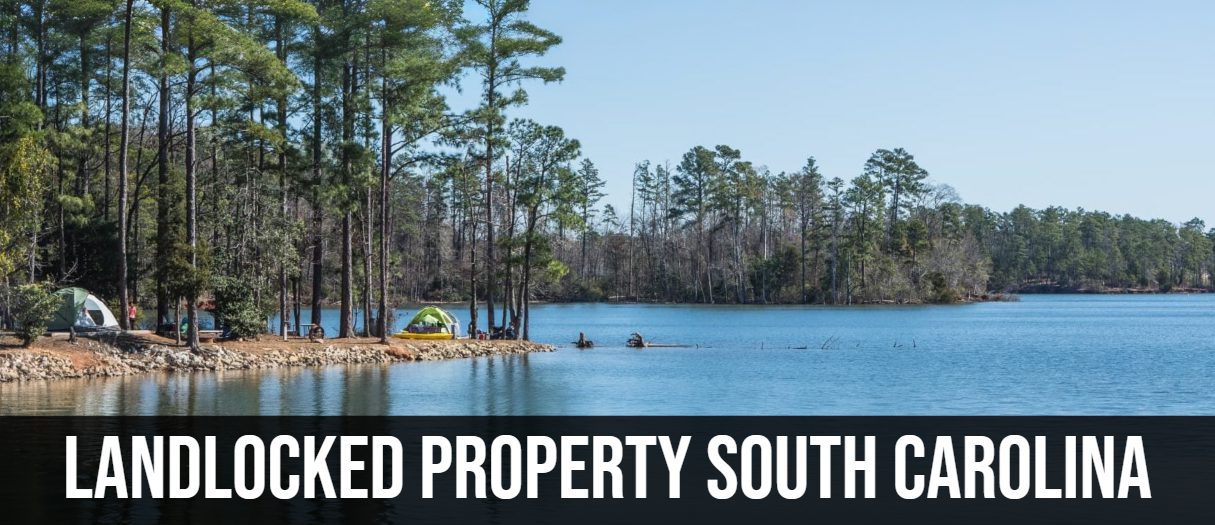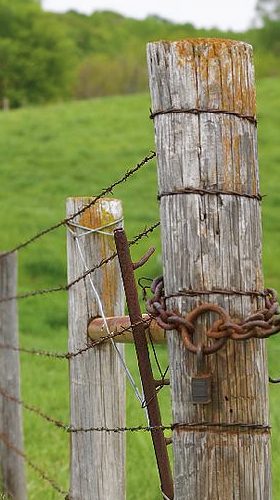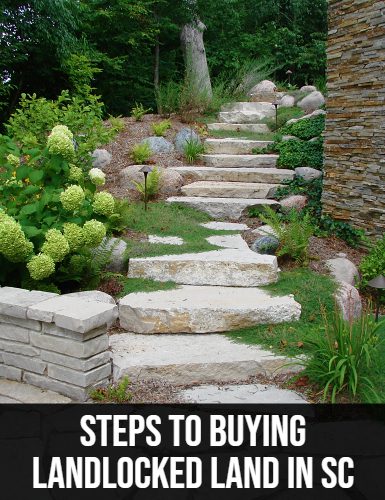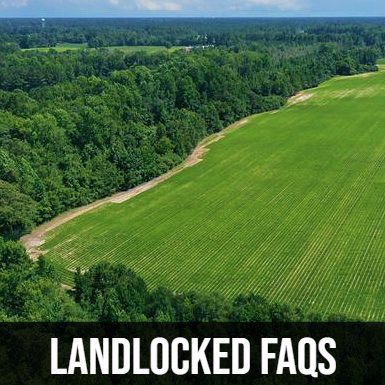
So, you’re eyeing a piece of land in South Carolina, and you’ve just found out it’s landlocked. Don’t worry, you’re not alone in this—some of the best stories start with a plot of land that’s a little hard to get to. Let’s dive into what it means, what you can do about it, and whether it’s worth the effort to turn that secluded plot into your dream getaway.
Landlocked property South Carolina is just what it sounds like—a piece of land that has no direct access to a public road. It’s like owning a private island in the middle of a desert (minus the water and palm trees). But here’s the kicker: just because it’s landlocked doesn’t mean you’re out of options. Legal easements, for instance, can allow you to access your property via a neighboring piece of land.
Owning a landlocked property might sound like an adventure, but it comes with its share of challenges. Imagine needing to ask your neighbor every time you want to visit your land. Without legal access, you’re essentially playing hopscotch over someone else’s property to get to yours. And let’s be honest, that can make developing or even enjoying the land a bit tricky.

Understanding Landlocked Property Rights
South Carolina Easement Laws
In South Carolina, the law generally favors giving landlocked property owners access to their land, but that doesn’t mean it’s always straightforward. Easements—legal rights to cross someone else’s property—are the usual route. They can be granted voluntarily or through the courts. But getting one can be as easy as convincing your neighbor over a cup of sweet tea or as complicated as a full-blown legal battle.
How to Gain Legal Access to a Landlocked Property
You’ve got options here. The most friendly route is to negotiate an easement with your neighbor. It’s like asking for a bit of sugar—except you’re asking for a strip of land to drive across. If that doesn’t work, you might need to explore other legal avenues, such as filing a lawsuit to obtain access through a court-ordered easement. Just be ready to bring your patience—and maybe a good lawyer.
Pros and Cons of Buying Landlocked Property
Advantages of Landlocked Properties
Believe it or not, there are perks to owning landlocked property. The main one? It’s usually cheaper. Since it’s a bit more challenging to access, the price tag tends to reflect that. If you’re the type who enjoys peace, quiet, and a dash of mystery, a landlocked property might just be your perfect escape from the hustle and bustle.
Potential Drawbacks
On the flip side, landlocked properties can be a hassle. Access issues aside, these properties can be harder to finance, insure, or sell. Potential buyers might balk at the idea of needing permission just to get to their land. And then there’s the fun of dealing with utility hookups—good luck convincing the power company to run lines across your neighbor’s property without an easement in place.
Steps to Buying Landlocked Property in South Carolina
Researching Property Access
Before you sign anything, research is your best friend. Find out how previous owners accessed the property, check existing easements, and consider all your options. Google Maps might be your starting point, but don’t stop there—dig into county records and maybe even knock on a few doors.
Negotiating Easements with Neighbors
Once you’ve done your homework, it’s time to put on your negotiation hat. Neighbors might be more willing to grant an easement if you sweeten the deal—think offering to maintain the road or share the costs of any improvements. It’s like a neighborly handshake, but with more paperwork.
Legal Considerations and Hiring an Attorney
If negotiating doesn’t work, or if you’re unsure about the legalese involved, it might be time to call in the pros. An attorney can help you navigate the complexities of securing legal access and making sure all the i’s are dotted and t’s are crossed. It’s an investment that can save you a lot of headaches down the road.

How to Sell SC Landlocked Property
Enhancing Property Value
Selling a landlocked property might feel like trying to sell a house without a front door, but it’s not impossible. Improving access or securing an easement can significantly boost the property’s appeal. Alternatively, marketing the land as a private, off-the-grid retreat can attract the right kind of buyer.
Finding the Right Buyer
The key to selling a landlocked property is finding a buyer who sees its potential—someone who values privacy and isn’t put off by a little challenge. Tailor your sales pitch to highlight the positives, like seclusion and price, and be upfront about the access situation.
Navigating the Sale Process
When it comes time to sell, transparency is crucial. Make sure potential buyers understand what they’re getting into, and be prepared to help them through the process of securing access if needed. With the right buyer and a little patience, you can turn that hidden gem into a sold sign.
Conclusion to Landlocked Property South Carolina
So, is a landlocked property in South Carolina your golden opportunity or a potential pitfall? The answer depends on your appetite for adventure—and a bit of legal wrangling. If you relish a good challenge and see value in a bargain that others might pass over, then a landlocked property could be your perfect investment. The lower price can be enticing, but be ready to put in the effort to secure access.
However embarking on this journey is not for the hearted. It demands patience, a touch of street smarts and perhaps legal counsel to navigate the intricacies involved. For an investor with the mindset the returns—both financial and personal—can be substantial. Yet if you feel unprepared for the rigors ahead it might be prudent to explore prospects.
Ultimately determining whether this investment opportunity aligns, with your goals depends on your readiness to confront the challenges. If you are willing to tackle them head on the rewards could make the endeavor truly worthwhile.
Frequently Asked Questions (FAQs)

1. Can You Build on a Landlocked Property?
Yes, but with a few caveats. You’ll need to figure out how to get utilities to the property and ensure you have legal access for construction vehicles. Without an easement, building on a landlocked property can be like trying to build a sandcastle in a sandbox that isn’t yours.
2. What Should You Know Before Purchasing?
Before buying, make sure you understand the legal landscape (pun intended). Research access routes, talk to neighbors, and consult with an attorney to avoid any nasty surprises down the line.
3. How Can I Gain Access to Landlocked Property?
Access can often be gained through an easement, which is a legal right to use part of a neighbor’s property for access. Easements can be express (clearly defined in a deed) or implied (based on historical use). If no easement exists, you may need to negotiate with a neighboring landowner or, in some cases, seek a court order to establish access.

Bubba Peek is an experienced real estate investor focused on land acquisition. He holds a Bachelor’s in Finance and a Master’s in Real Estate (MSRE) from the University of Florida, along with the prestigious Certified Commercial Investment Member (CCIM) Designation, held by only six percent of real estate professionals. With over a decade of experience, Bubba blends financial expertise and market insight to deliver outstanding results. As founder of Bubba Land Company, he’s known for offering landowners efficient, hassle-free sales solutions.